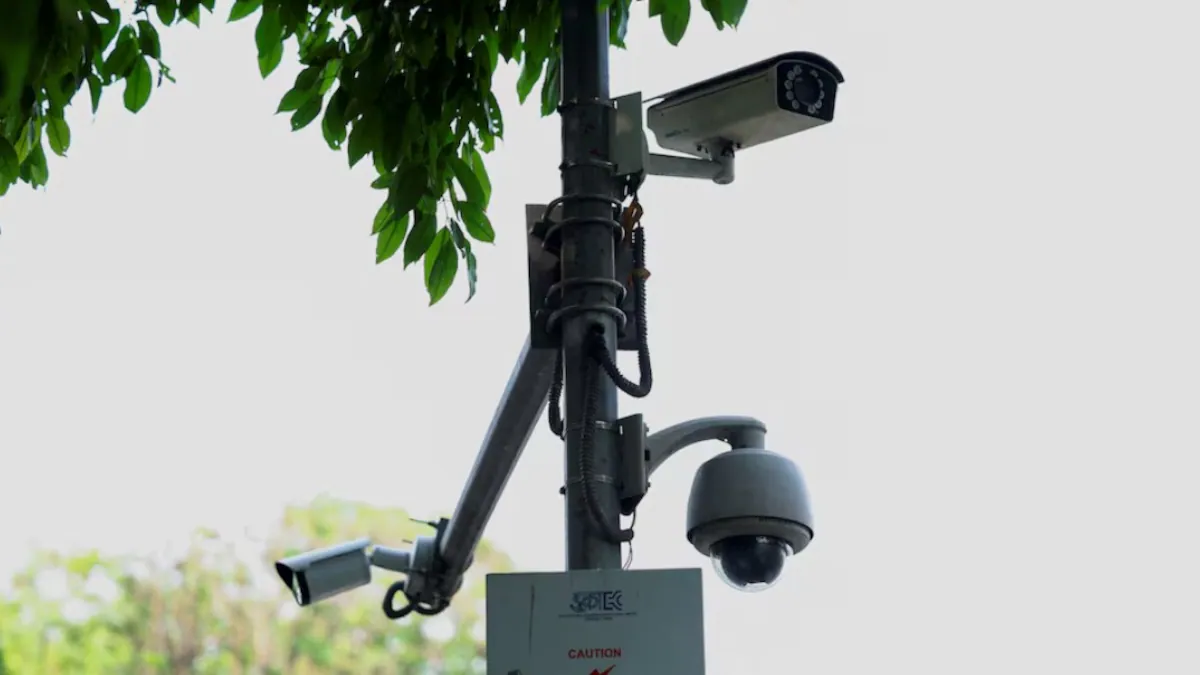India’s sweeping new surveillance equipment rules have sent shockwaves through the global CCTV industry, with the government now mandating rigorous hardware, software, and source code testing for all internet-connected cameras. The policy, in effect since April 9, stems from growing national security concerns over potential Chinese spying via surveillance systems.
Under the new regulations, manufacturers must submit their CCTV devices for assessment in certified Indian labs before selling them in the country. The rules apply to domestic and foreign makers alike, including Chinese giants Hikvision, Dahua, and Xiaomi, as well as South Korea’s Hanwha, and U.S.-based Motorola Solutions.
An Indian official involved in the policy said the move was necessary given the scale of potential espionage risks posed by foreign-manufactured cameras. “China is part of the concern,” the official noted, referencing past revelations about data vulnerabilities and surveillance threats.
The industry has responded with alarm, citing delays in government approvals, limited lab capacity, and the sensitive nature of sharing source codes. Out of 342 applications submitted as of May 28, only 35 have been cleared, with just one from a foreign firm.
Camera makers have also raised concerns about factory inspections and repeated testing requirements. Hanwha’s South Asia director warned that “millions of dollars will be lost,” while Infinova and Vivotek flagged project halts due to compliance challenges.
Xiaomi reported that Indian officials had asked for detailed information about its China-based contract manufacturers, linking the request to internal guidelines concerning countries that share a land border with India.
Meanwhile, India’s market for surveillance cameras is booming, expected to double from $3.5 billion in 2024 to $7 billion by 2030. Still, with China providing 80% of CCTV components, supply chains are under strain.
Retailers are already feeling the pinch. “It is not possible right now to cater to big orders,” said Sagar Sharma, a CCTV dealer in Delhi’s Nehru Place market, where sales have reportedly halved since last month.
The Indian government remains firm. Officials argue the rules are essential to protect national interests and ensure the cybersecurity of millions of surveillance devices installed across cities, institutions, and private spaces.













